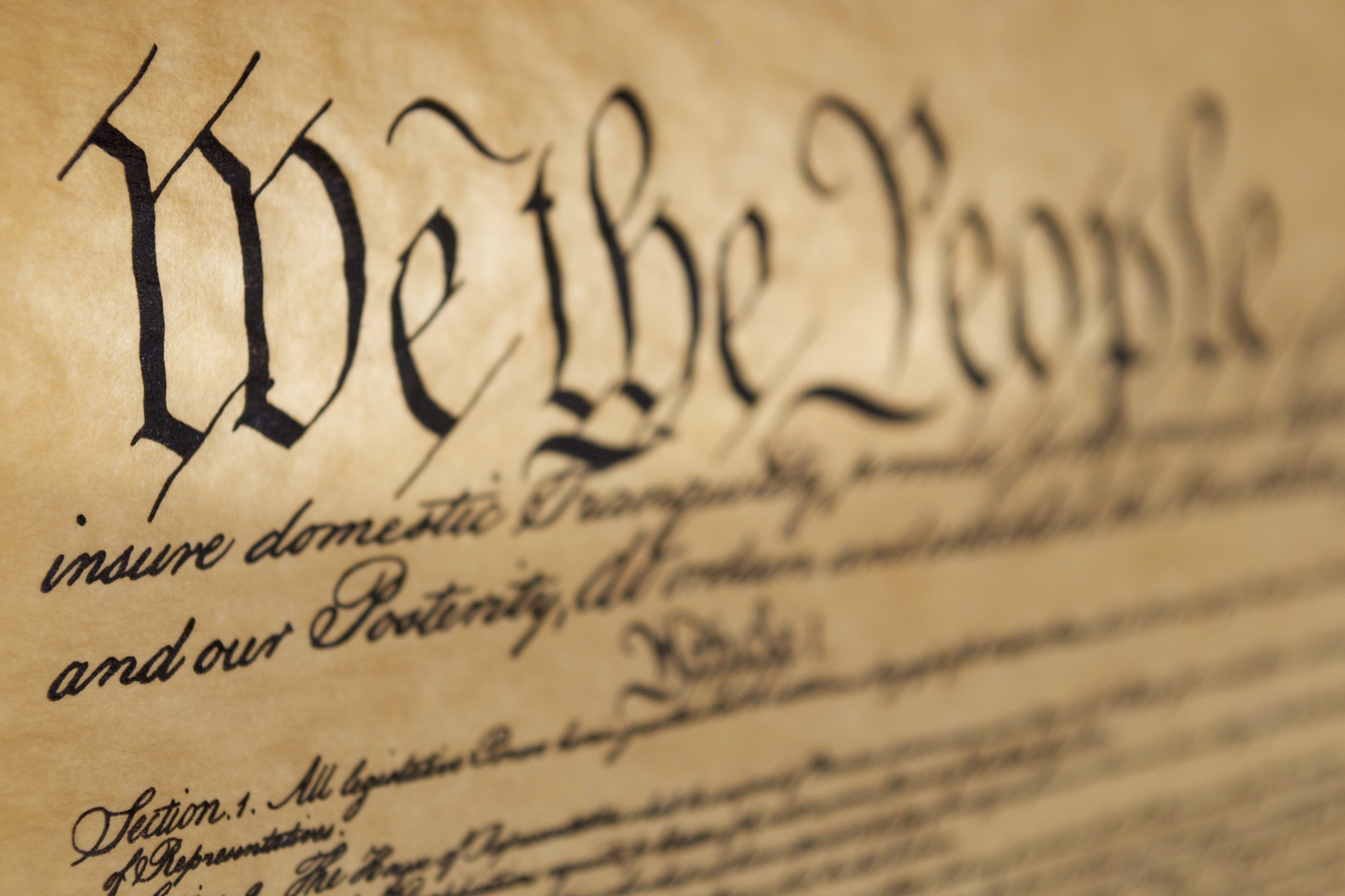The Supreme Court to Determine the Constitutionality of Inter Partes Reviews
In Oil States Energy Services LLC v. Greene’s Energy Group, LLC, the Supreme Court of the United States will consider the constitutionality of post-grant challenges to patents through inter partes review (IPR). By taking this case, the Supreme Court will wrestle with fundamental questions regarding the nature of patent rights and the requisite due process required to invalidate granted patents. In addition to addressing the highly-contested IPR process, this decision may further additional post-grant patent review processes such as ex parte reexaminations and post-grant reviews.
The IPR procedure was established as part of the Leahy-Smith America Invents Act designed to “establish a more efficient and streamlined patent system that will improve patent quality and limit unnecessary and counterproductive litigation costs.” IPR provides a mechanism allowing any third party to challenge a patent issued for over nine months based on a lack of novelty or obviousness. If a petition for an IPR is granted, a proceeding is held before Patent Trial and Appeals Board (PTAB) and a final written decision is provided that potentially invalidates claims of the challenged patent.
In the present case, Oil States Energy Services LLC owns U.S. Patent No. 6,179,053 directed to protecting wellheads during hydraulic fracturing (fracking). Oil States sued Greene’s Energy Group, LLC for infringement on the patent. Greene’s Energy filed a petition for an IPR to challenge the patent in what has become a common defensive strategy. After the PTAB held the ‘053 patent invalid, Oil States appealed to the Federal Circuit.
In the petition for writ of certiorari, Oil States challenged the constitutionality of the IPR process itself, claiming that “suits to invalidate patents must be tried before a jury in an Article III forum, not in an agency proceeding” such as IPR. The question now before the Court is “whether inter partes review, an adversarial process used by the Patent and Trademark Office (PTO) to analyze the validity of existing patents, violates the Constitution by extinguishing private property rights through a non-Article III forum without a jury.” The Court declined to address two additional questions associated with the implementation of amendments in the IPR process and a question of the requirements associated with the broadest reasonable interpretation standard applied during IPR proceedings
In the petition, Oil States argued that “[p]atents create property rights, protected by the Constitution” and referenced a historical case dating back to the Supreme Court decision in McCormick Harvesting Mach. Co. v. C. Aultman & Co., 169 U.S. 606, 608-09 (1898), which held that an issued patent “is not subject to be revoked or canceled by the president, or any other officer of the Government.” Further, McCormick held that “[t]he only authority competent to set a patent aside, or to annul it, or to correct it for any reason whatever, is vested in the courts of the United States, and not in the department which issued the patent.”
Oil States further argued that the IPR process, an administrative process that can invalidate claims of issued patents, is unconstitutional. Specifically, Oil States claimed that the IPR process violates the Seventh Amendment and Article III of the U.S. Constitution, which provides “[i]n Suits at common law … the right of trial by jury shall be preserved” and that “patent infringement cases—including invalidity defenses where damages are sought—are the province of the jury.” Oil States also cited the Supreme Court decision in Stern v. Marshall, 564 U.S. 462, 484 (2011), which stated “Congress may not withdraw from judicial cognizance any matter which, from its nature, is the subject of a suit at the common law, or in equity, or admiralty.”
Both Greene’s Energy and the U.S. Government opposed this petition and argued in a brief that “[p]atents are quintessential public rights” and confer rights that “exist only by virtue of statute” (citing to Sears, Roebuck & Co. v. Stiffel Co., 376 U.S. 225, 229 n.5 (1964)). Further, Respondents claim that Congress is authorized to “designate public rights for adjudication in non-Article III tribunals.”
The Respondents additionally claim that Congress has long provided administrative mechanisms for third parties to request the USPTO to re-evaluate issued patents, starting with the establishment of ex parte reexaminations in 1980, and that the IPR process is merely an additional process for improving patent quality.
In responding to these arguments, the Supreme Court is set to provide additional clarity to the rights conferred by a patent and provide guidance to IPR practice and perhaps all post-grant patent challenges.
Suiter Swantz IP is a full-service intellectual property law firm based in Omaha, NE, serving all of Nebraska, Iowa, and South Dakota. If you have any intellectual property questions or need assistance with any patent, trademark, or copyright matters and would like to speak to one of our patent attorneys please feel free to contact us.
